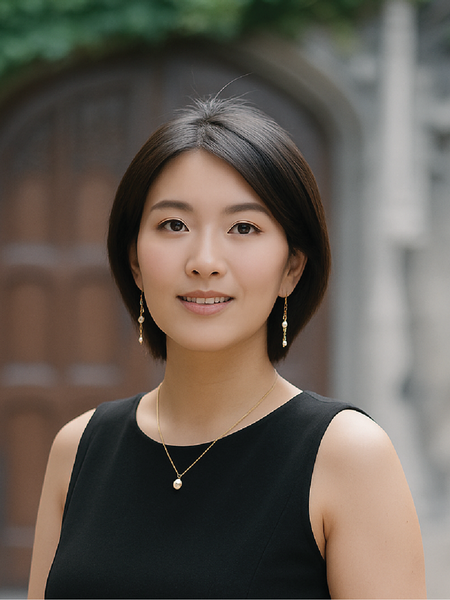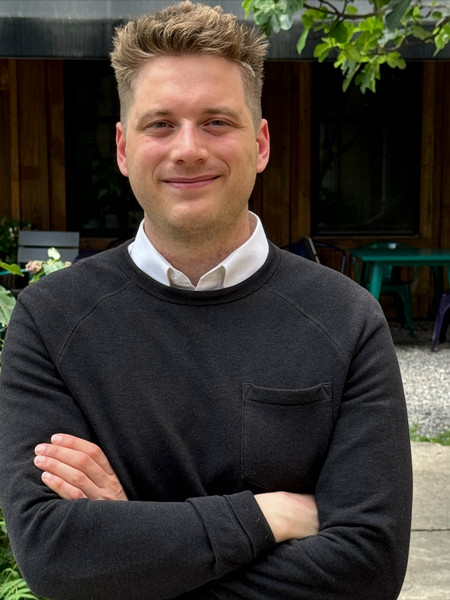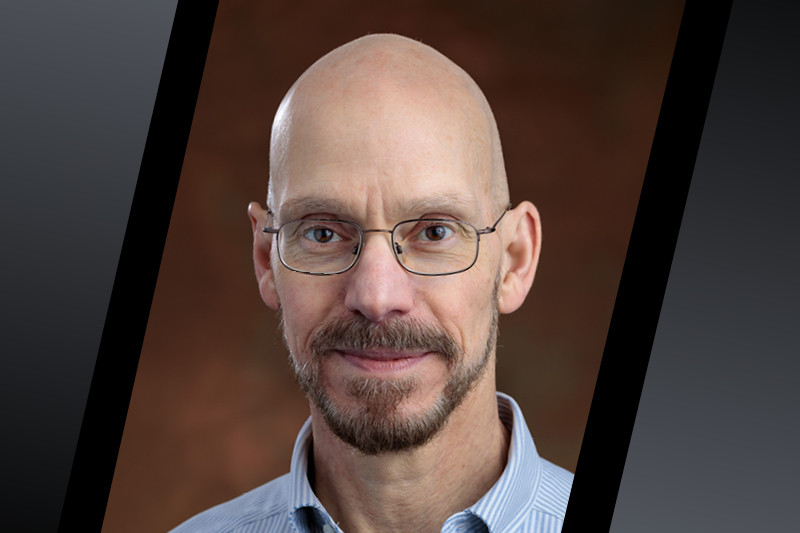Sociology Welcomes New Faculty
Likun Cao
Assistant Professor of Sociology at Purdue

Likun Cao's research centers on two main areas: (1) the societal implications of artificial intelligence, and (2) the social mechanisms that drive innovation in science, technology, and organizations. She utilizes a combination of computational methods and advanced statistical models in her work. Click here to read more about Dr. Likun Cao.
Alec Rhodes
Assistant Professor of Sociology at Purdue

Alec Rhodes is an economic sociologist who studies the causes and consequences of inequality and financial insecurity. He uses political economy, demographic, and spatial perspectives to answer questions related to inequality, poverty and mobility. He is especially interested in how inequalities accumulate over the life course and across different market contexts, as well as the potential for institutions and policy to ameliorate inequalities and hardships. Click here to read more about Dr. Likun Cao.
Mark Suchman
Top Researcher on Management and Organizations Appointed Professor of Sociology at Purdue

A top researcher whose work includes studying law and entrepreneurship in Silicon Valley is the latest recruiting success in the Moveable Dream Hires program. Mark Suchman has joined the Purdue University faculty in the College of Liberal Arts as a professor of sociology. Suchman also serves as executive director of the American Bar Foundation. Click here to read more about Dr. Mark Suchman.